We are living in a golden age of craft beers. Originally invented by the ancient Egyptians, every culture now has its own tastes regarding beer. The process of making beer is so multi-faceted, it's a miracle that any gets made at all.
However, there are lots of steps along the way that could quickly torpedo a beer's chemical composition which, in turn, affect its taste. In order to bring out the best flavor in any beer, you need to know a few key pieces of information to truly savor beer like a connoisseur.

Getting great-tasting beer is easy when you know the right info.
Drink Draft Beer from Clean Tap Lines
Most restaurants and bars keep their beer kegs far from the actual tap. The lines that get that beer to you, like any type of plumbing, need to be cleaned since beer and air sit in them when not in use (mostly at night and when the keg is kicked).
If not cleaned regularly, the lines can accumulate mold and bacteria, leading to sickness, or at least add a gnarly hangover. The good news is that beer from a dirty tap line will be easily detected by smell and taste. If your beer tastes/smells skunky, has a cabbage-y note, or an overly slick mouthful, you might want to stop drinking. Serious Eats has more on this here.

Draft lines have to be clear and free of buildup.
That's why it's important to know how often the tap lines are cleaned. Though health requirements vary around the country, the Brewers Association, a national organization that represents small and independent brewers, recommends that lines be cleaned once every two weeks.
If your nose or tongue tells you something's up with your beer, simply ask the bartender or manager how often the lines are cleaned. As a general rule, if the establishment seems like it values cleanliness, then go ahead and drink with confidence. If you're in a divier type place and don't think that hygiene is big on the bar's list of priorities, stick to bottles.
Avoid Green Beer Bottles!
Beer has three enemies. One is heat, the second is air, and the third is light. Heat is obviously bad for beer. A warm beer tastes like urine because heat changes the chemical composition of beer. With air, it not only allows the carbon dioxide to escape, thereby flattening the beer, it also causes the beer to oxidize and lose complexity, depth, and flavor. The last element is one that not many people think of: light. Why is light so bad for beer?
Professor Charles Danforth, the chair of the Food Science and Technology Department at UC-Davis, explains that isohumulones in the beer are sensitive to light. They are the bitter compounds in hops and break down quickly when exposed to light. As we know from tinted windows on cars, light travels easily through clear glass and has trouble getting through dark.
But over at Wired, they ran a simple experiment that shows how ultraviolet light makes it through green bottles. Dr. Eric Allain (of Appalachian State University and the Wired author's brother-in-law) further explains that the UV light that makes it through creates 3-methyl-2-butene-1-thiol, also known as MBT in the beer. MBT gives off a nasty taste that has the same chemical component that skunks have. Hence the name, skunked or skunky beer.

Note the thicker shadow on the brown bottle. That's less light to skunk your beer!
Meanwhile, amber bottles were shown to block out the most UV light. It's even better if you can pick up a six-pack where the cardboard carrier with very high sides, for the ultimate in light protection.
Canned Is Better
We've been conditioned to believe that canned beers are somehow less sophisticated then bottled beer, but there's a growing movement, particularly among craft beer brewers, to bring back cans.
The attraction for brewers is aluminum's ability to prevent light from getting in at all. In addition to not letting light in, cans are better sealed, which let in even less air than bottles.

Craft beers are bringing back cans to the masses!
Cans are also better for the environment because they weigh less (so more beer can be transported on less trips) and grocers love them because they can be stacked more easily. So go ahead, crack open a can with pride! It's good for you and the earth (and the quality of your beer).
Get More Beer Knowledge
Find out how beer saved the world. And isn't it time you learned how to perform the perfect pour? What about making your very own Viking beer mug? Also, try cooking with beer more; it makes grilled meat healthier!





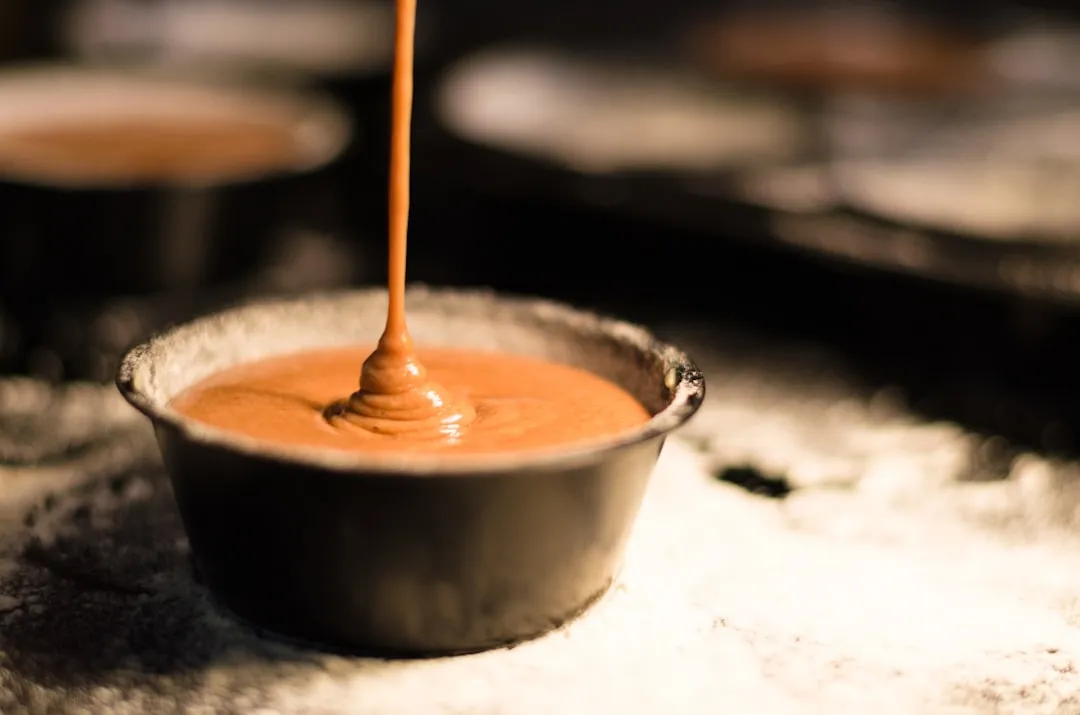

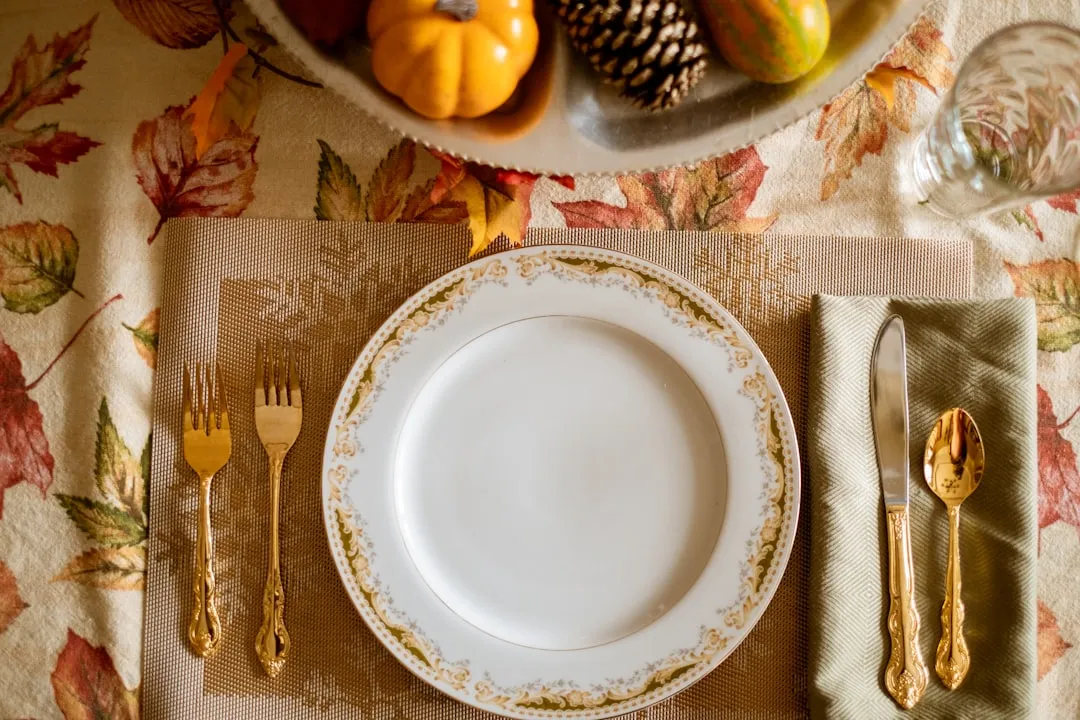
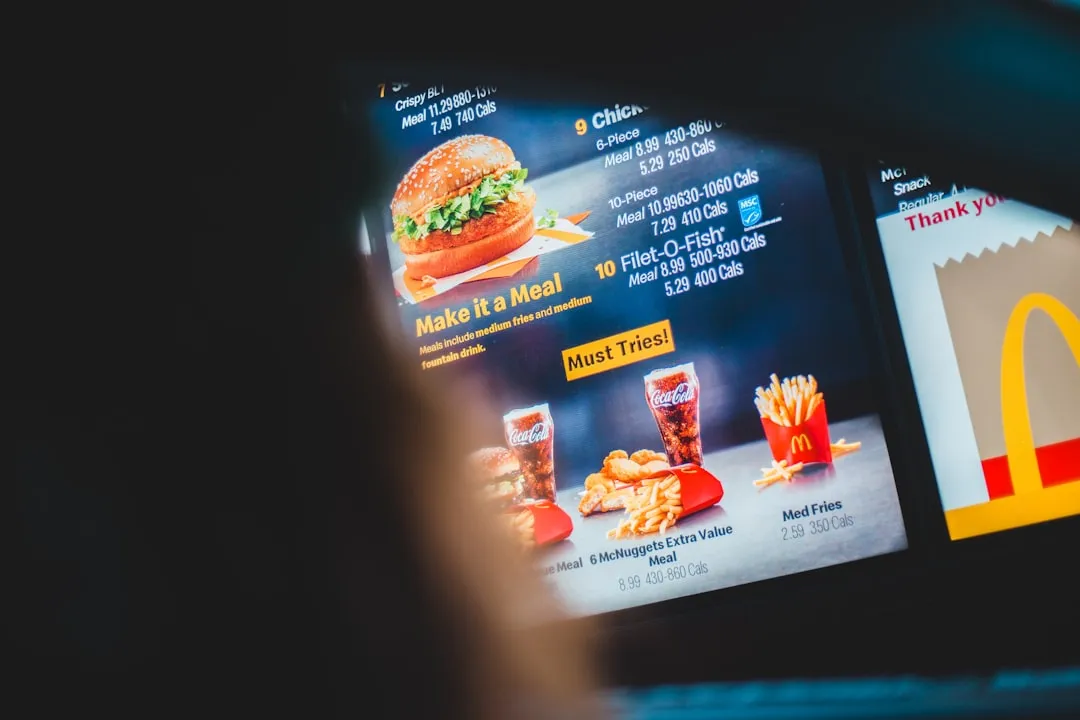
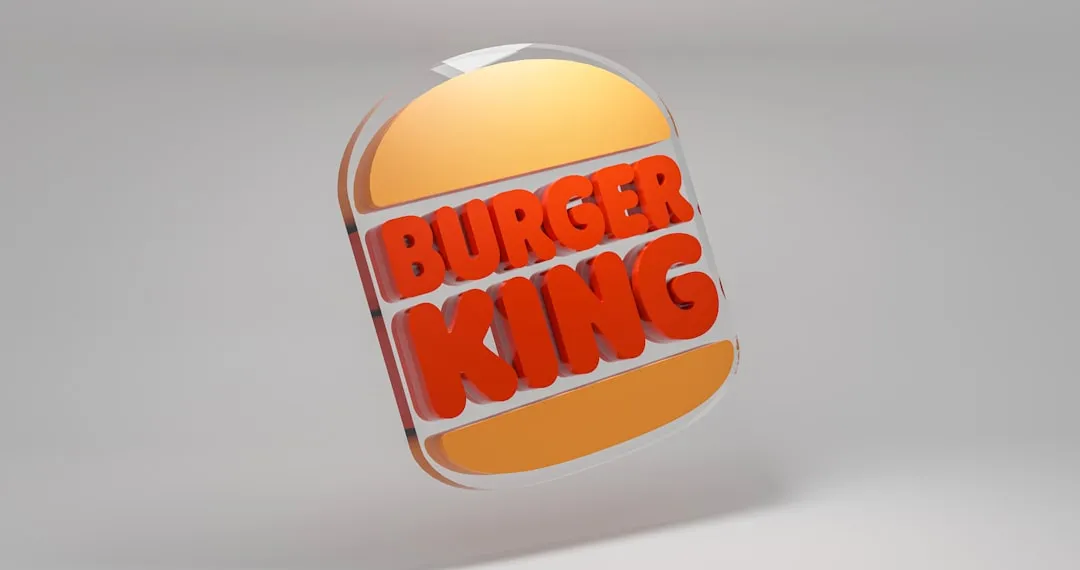
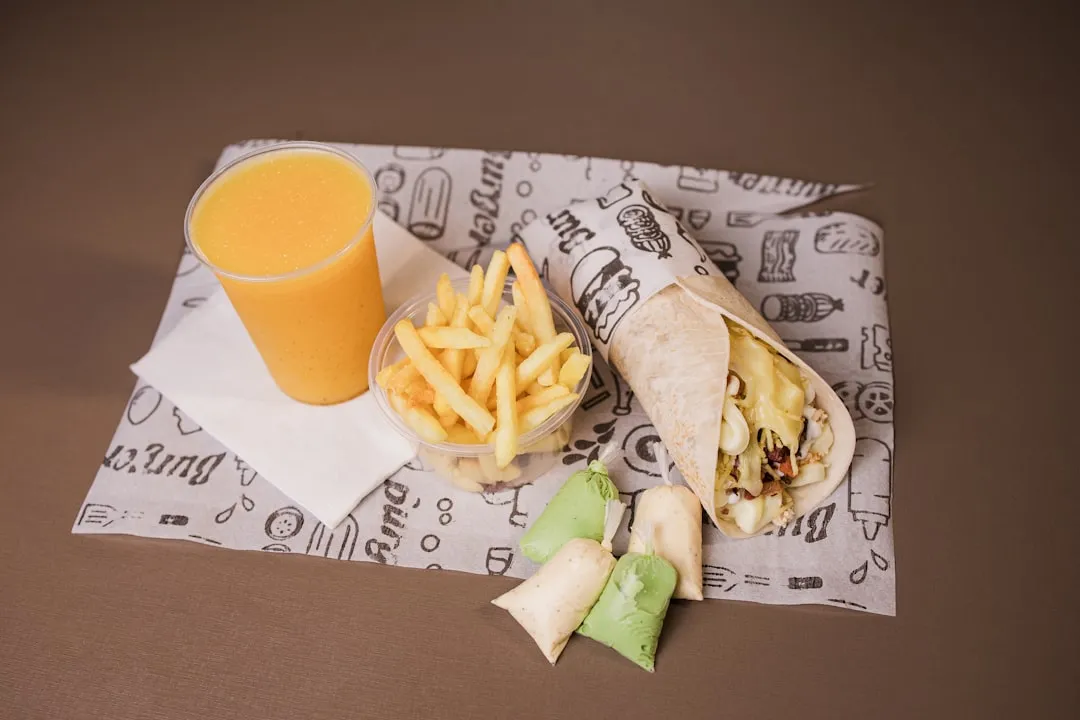

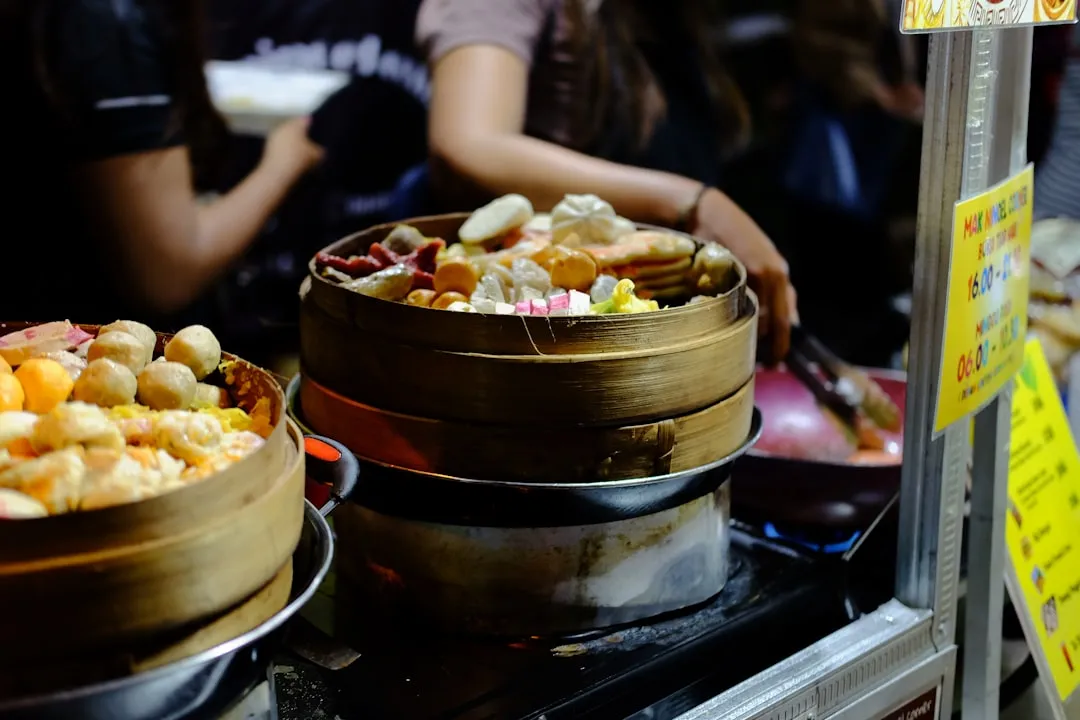
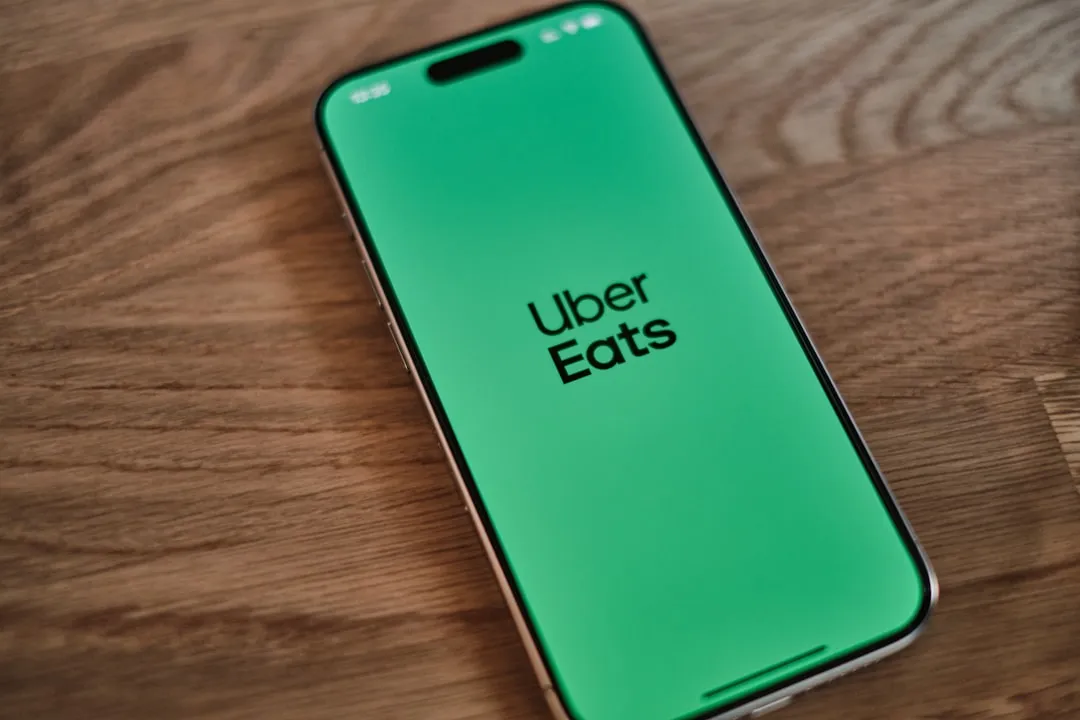

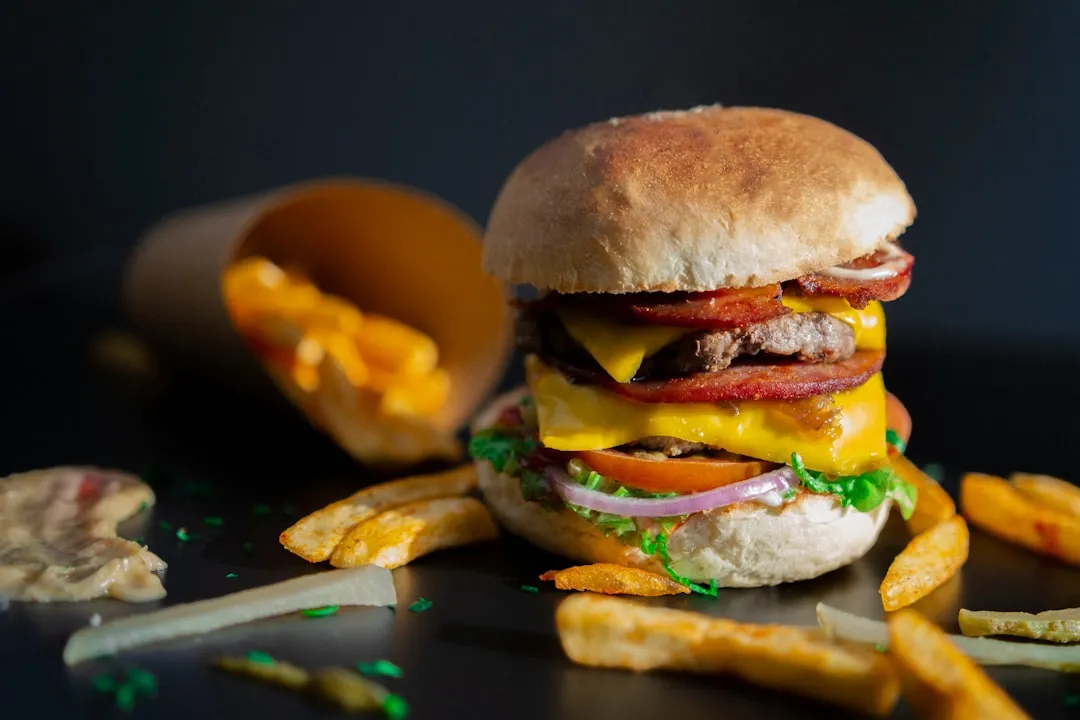

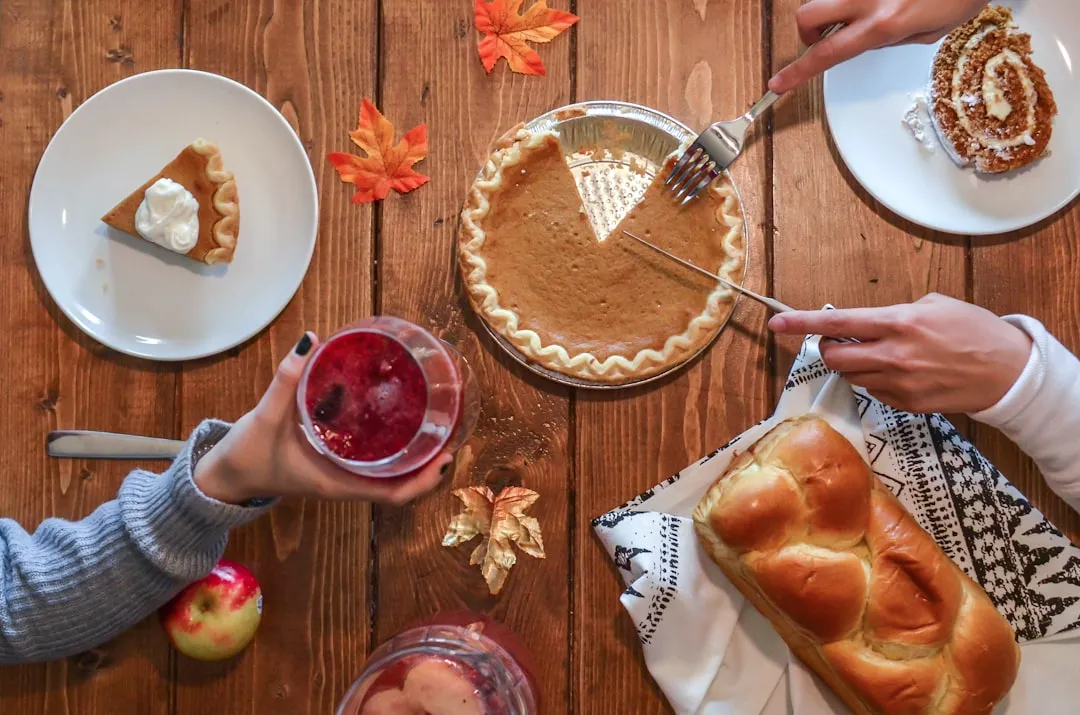





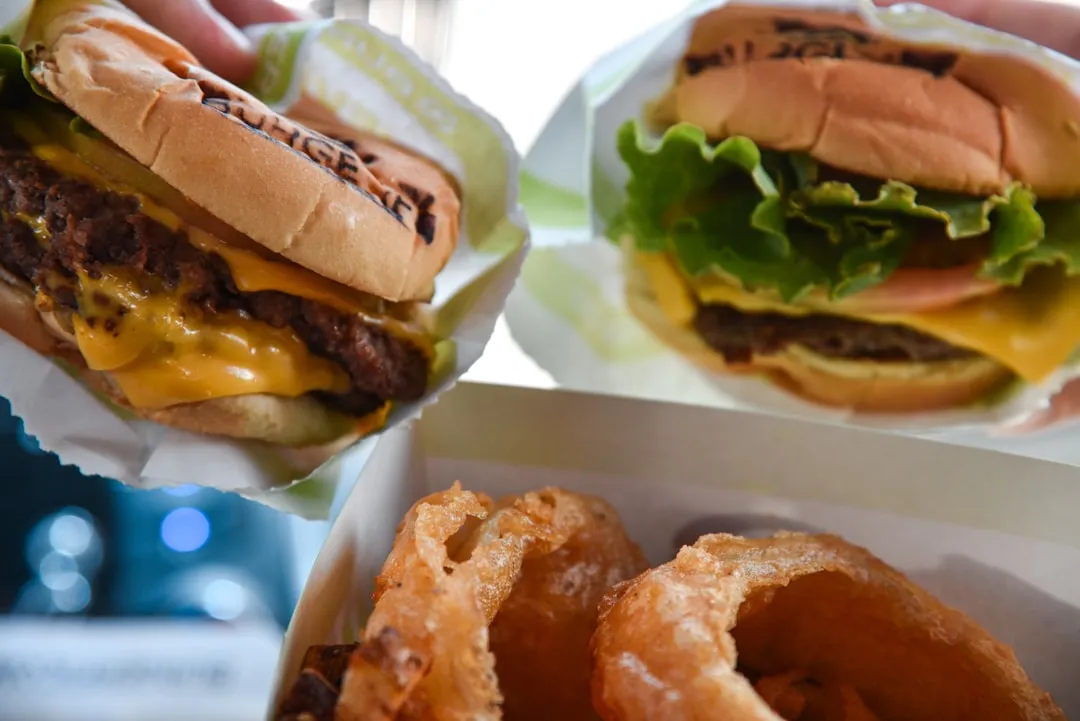
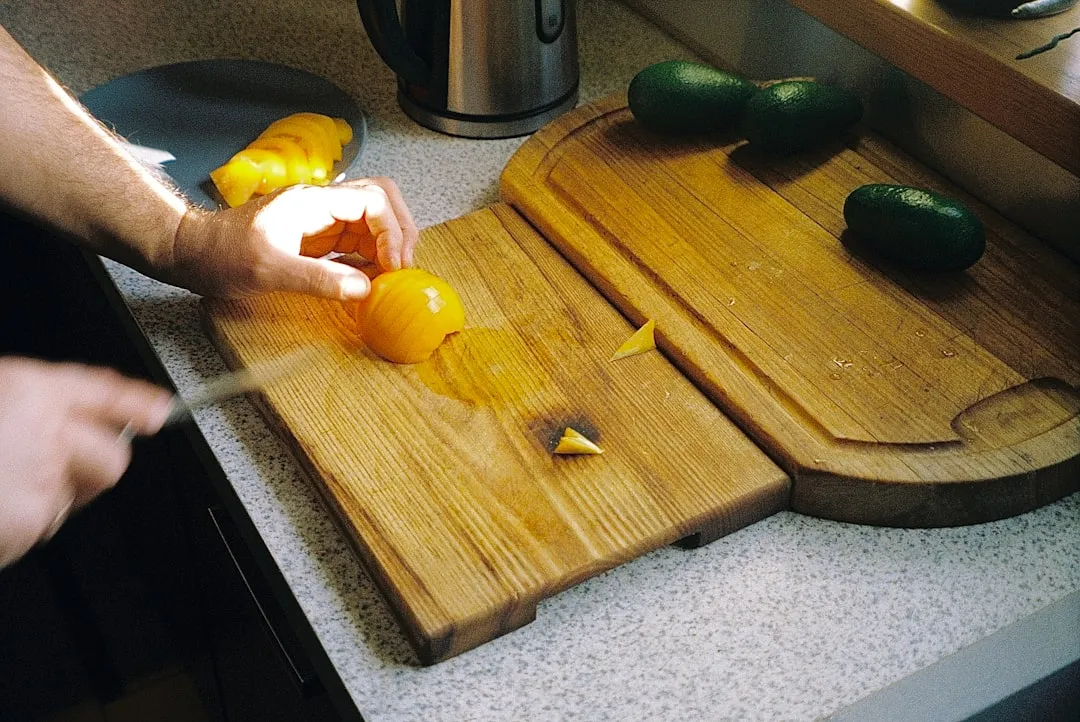
Comments
Be the first, drop a comment!